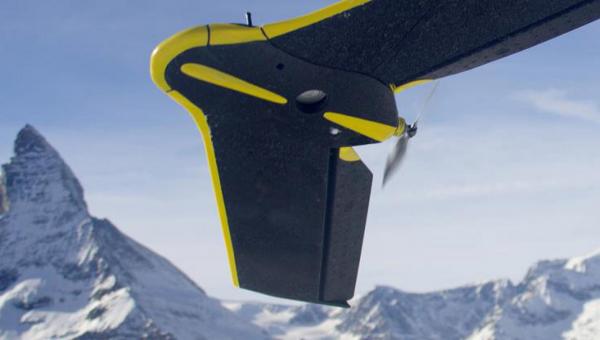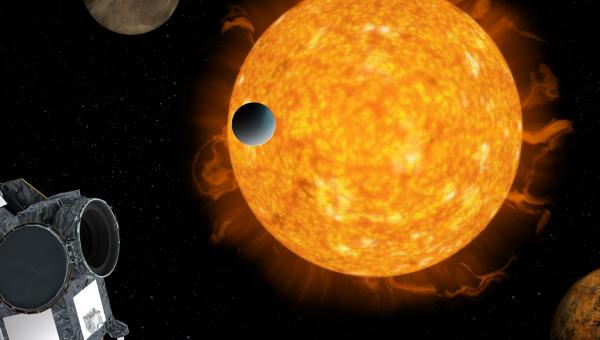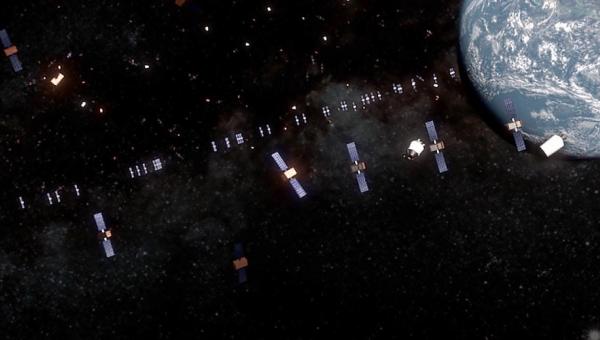Switzerland embarks on the world's first space debris removal mission

Since the dawn of the space age, countless tonnes of space debris have been floating around in our orbits. This is hardly surprising, given that numerous countries around the globe have launched dozens of satellites and rockets into the farthest reaches of space. But what actually happens to the rubbish we leave behind in the long term?
The Swiss start-up Clearspace has been investigating this question since it was founded in 2018 by engineer Luc Piguet as a spin-off from the Swiss Federal Institute of Technology Lausanne (EPFL). The result is a small spaceship designed to dispose of space debris in the long term. A maiden mission is planned for the coming years.
Clearspace-1 ready for take-off in 2026
The mission, dubbed Clearspace-1, is scheduled for launch in the second half of 2026. According to current plans, a Vega-C rocket from Arianespace could carry the spacecraft into space. Once there, it will navigate to a payload adapter of a rocket that has been in orbit since 2013. The Clearspace spacecraft then seizes the 112-kilogram component using a specially developed robotic arm technology, performs a controlled atmospheric reentry, and burns up along with it in the Earth's atmosphere. If the endeavour proves successful, the start-up's ships could dispose of several parts per mission in the future. This is because waste is increasingly becoming a problem in our orbit.
Over 34,000 pieces of space debris floating through our orbits
The European Space Agency (ESA) estimates in their latest Space Environment Report that there are currently 34,000 pieces of space debris over ten centimetres in size in orbit. There are also around 6,500 satellites. So it seems high time to clean up the mess. For this purpose, the Zero Debris Charter has been recently introduced by ESA. Its ambitious goal is to significantly limit the production of debris in Earth and Lunar orbits by 2030 for all future missions, programmes and activities.
A world premiere in space
One possible key to achieving this ambitious goal: Clearspace. ESA has commissioned the Swiss start-up by awarding Clearspace a service contract of around EUR 86 million. A further EUR 26 million has been contributed by a Series A round by private investors. It will become the world’s first space debris removal mission.




